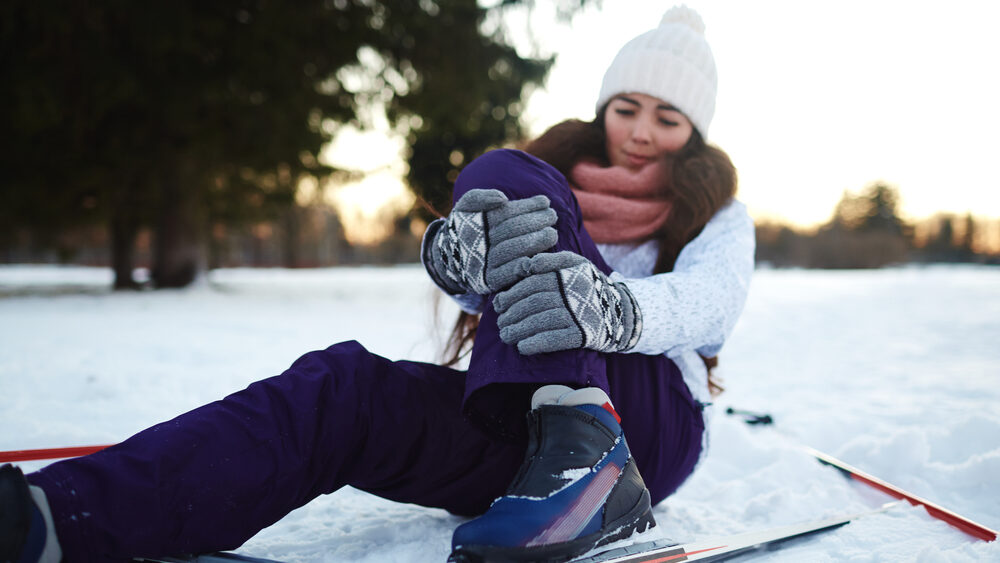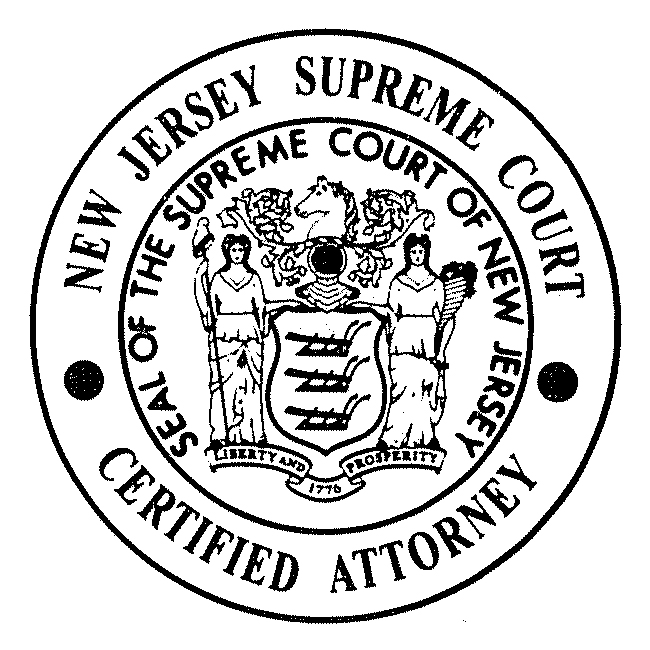The legal implications of ski, snowboard and snow tubing accidents at new jersey resorts

Winter sports enthusiasts are drawn to the picturesque slopes and thrilling experiences that ski and snowboarding resorts offer. The adrenaline rush of carving through the snow, the breathtaking scenery, and the sense of freedom are just a few of the reasons people flock to New Jersey’s ski resorts every year. However, along with the excitement of these activities comes the potential for accidents and injuries. In this post, we will explore the legal implications of ski and snowboard accidents in New Jersey resorts, emphasizing the laws and regulations governing these activities.
Common Causes of Accidents
Before delving into the legal aspects of ski, snowboard and snow tubing accidents, it’s essential to understand the common causes of these incidents. By identifying these, you can better appreciate the potential risks associated with winter sports.
1. Inexperienced or Reckless Riders
One of the leading causes of accidents in New Jersey resorts is the presence of inexperienced or reckless riders. Beginners often lack the skills and awareness needed to navigate slopes safely, while more experienced riders may push their limits, leading to dangerous situations.
2. Equipment Malfunctions
Faulty equipment can be a significant contributor to accidents. Damaged bindings, poorly maintained skis or snowboards, or worn-out safety gear can lead to unfortunate mishaps.
3. Adverse Weather Conditions
Snow and ice conditions can vary greatly, and extreme weather can make skiing and snowboarding challenging. Reduced visibility, icy slopes, and heavy snowfall can lead to accidents even for experienced riders.
4. Collisions
Collisions between riders are another frequent cause of accidents. When two individuals, whether they are skiing or snowboarding, collide, it can result in severe injuries.
5. Avalanches
Although rare, avalanches can occur in some parts of New Jersey. These natural disasters can be catastrophic and require extensive safety precautions.
New Jersey Laws Pertaining to Ski and Snowboard Accidents
New Jersey, like many other states, has specific laws and regulations in place to address ski and snowboard accidents. These laws aim to protect both riders and resort operators, ensuring a safe and enjoyable experience for everyone involved.
1. Ski Area Safety Act (SASA)
New Jersey’s Ski Area Safety Act, enacted in 1979, governs the operation of ski areas in the state. This act outlines various safety requirements, including:
- Posting of warning signs at resort entrances.
- Ensuring proper trail marking and maintenance.
- Providing information on ski area rules and regulations to all visitors.
Resort operators are expected to adhere to these regulations to minimize the risk of accidents and injuries on their premises.
2. Assumption of Risk
The SASA also contains a provision regarding the assumption of risk. By purchasing a ski or snowboard pass, individuals are deemed to have assumed the inherent risks associated with these activities. This means that participants cannot hold resort operators liable for accidents resulting from these assumed risks.
3. Negligence Claims
While the SASA protects resorts from liability in cases of assumed risks, it does not provide absolute immunity. If a resort operator is found to be negligent in their maintenance, safety measures, or staff training, they may be held responsible for injuries sustained on their property.
4. Parental Responsibility
Parents or guardians of minors participating in skiing or snowboarding activities are responsible for ensuring their children are aware of the inherent dangers. This includes educating them about safe practices and the rules of the resort.
5. Safety Requirements
New Jersey resorts must adhere to specific safety requirements, such as maintaining ski lifts, ensuring proper signage and markers, and providing adequate first aid facilities.
Exculpatory Clauses when you purchase an admission ticket
Visitors to ski resorts often purchase admission tickets online. The ticket probably contains a provision that the ticket purchaser gives up the right to sue the resort even if the resort’s negligence is a cause of the visitor’s injuries. These exculpatory clauses have been upheld by the New Jersey Supreme Court and may bar any claim. Even if your ticket contains and exculpatory, you should consult with an experienced attorney at Team Law because it may not be effective in your casse.
What to Do After an Accident
If you or a loved one has been involved in a ski or snowboard accident at a New Jersey resort, it’s crucial to take the appropriate steps to protect your rights and seek legal recourse. Here’s what you should do:
1. Seek Medical Attention
The most immediate concern after an accident is the well-being of those involved. Ensure that anyone injured receives prompt medical attention. Even seemingly minor injuries can have long-term consequences, so it’s vital to be evaluated by a healthcare professional.
2. Report the Incident
Notify the ski resort staff of the accident and request that they complete an incident report. This document can be crucial in documenting the details of the accident, which may be valuable in any potential legal claims.
3. Preserve Evidence
If possible, take photographs of the accident scene, your injuries, and any damaged equipment. Collect the names and contact information of any witnesses who may be willing to provide statements regarding the incident.
4. Consult an Attorney
Ski, snowboard and snow tubing accidents can be legally complex, and it’s often in your best interest to consult with an experienced attorney. An attorney can help you understand your rights, evaluate the circumstances of the accident, and advise you on the best course of action.
5. Contact Your Insurance Company
If you have insurance that covers winter sports accidents, notify your insurance company about the incident as soon as possible. They can guide you through the claims process and provide information about coverage and compensation.
6. Keep Records
Maintain detailed records of your medical treatment, expenses, and any correspondence with the resort or other parties involved in the accident. This documentation can be essential if you decide to pursue legal action.
7. Consider a Settlement
In some cases, ski resorts may offer settlements to injured parties to avoid protracted legal battles. Before accepting any settlement, consult with your attorney to ensure it adequately compensates you for your injuries and losses.
Contact an Experienced Ski, Snowboard and Snow Tubing Accident Lawyer At Team Law, for a Free Consultation About Your Case Today
While skiing, snowboarding and snow tubing are exhilarating winter activities, accidents can and do happen. It’s crucial for winter sports enthusiasts to be aware of the potential risks and the legal implications surrounding these activities in New Jersey. Understanding the state’s Ski Area Safety Act, the assumption of risk, and the responsibilities of resort operators and participants is essential for ensuring a safe and enjoyable experience on the slopes.
If you or a loved one has been injured in a ski or snowboard accident in New Jersey, remember that you have legal rights and options for seeking compensation. The laws are in place to protect both participants and resort operators, and a skilled attorney can help you navigate the complexities of your specific situation.
At Team Law, we are experienced in handling ski, snowboard and snow tubing accident cases in New Jersey. Our team of dedicated legal professionals is here to provide you with expert guidance and support throughout the process. We understand the physical, emotional, and financial challenges that can arise from these accidents and will work tirelessly to help you obtain the compensation you deserve.
Don’t hesitate to reach out to us for a consultation. Your well-being and legal rights are our top priorities, and we are ready to assist you in your journey toward recovery and justice.
 CALL NOW
CALL NOW






